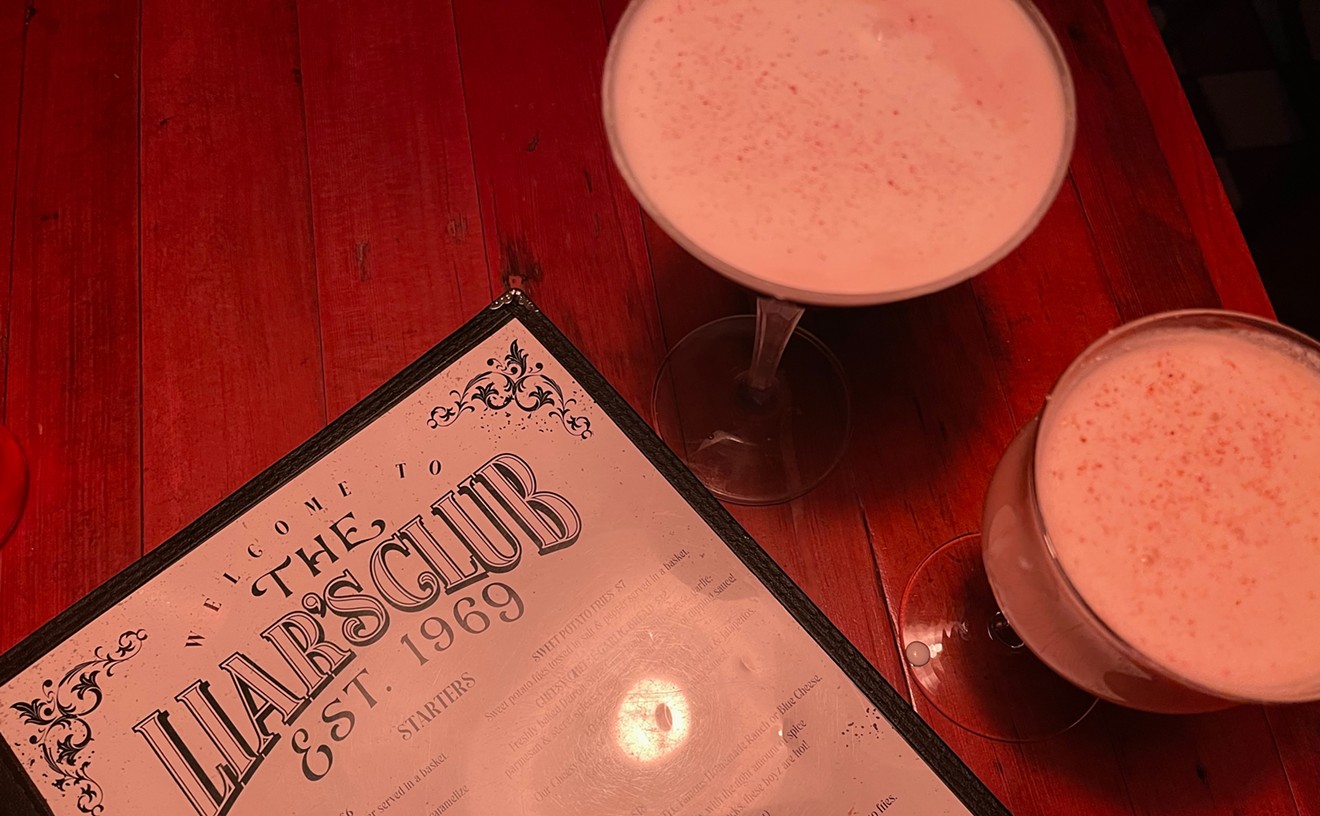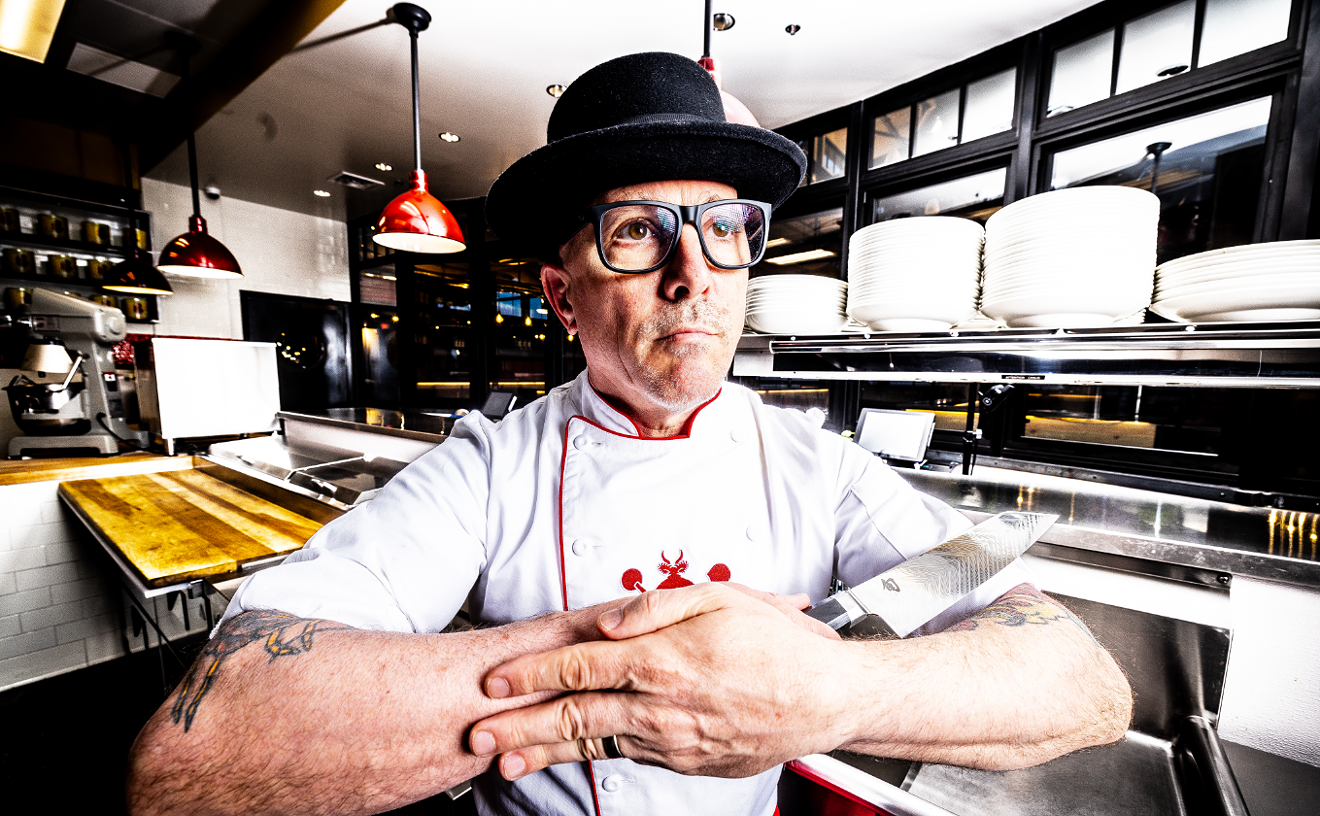All manner of spoilers below.
Nearly anyone with a grievance against America's dysfunctional prison system can find a scene to illustrate their protest in the first season of Orange Is the New Black Netflix's women-behind-bars dramedy. Admittedly, the wonkiest or most disheartening issues, like prison privatization or endemic sexual assault, appear to be beyond the show's purview. But anyone morally uncomfortable with the lockup of nonviolent drug offenders, or the inadequacy of rehab programs for inmates, or the prioritization of cost-cutting over adequate healthcare can find support in Piper and Tricia and Sophia's stories.
In case you've been behind bars since Orange's premiere last month, the series is a loose adaptation of Piper Kerman's memoir, detailing her yearlong stint in a prison for her tangential role in a drug-trafficking ring nearly a decade before her arrest.
Following the book's structure, show creator Jenji Kohan uses Piper's plight as a launching pad for delving into the stories of the much less privileged prisoners around her, creating a richly textured mosaic of women from diverse races, classes, and sexualities, whose sole commonality is the bad luck to get caught. But the series veers away from its source material in its central love triangle, with the fictional Piper torn between her nebbish fiancé, Larry, and her mordant ex, Alex, who named Piper in court in exchange for a reduced sentence and dons an orange jumpsuit herself.
In an interview with NPR's Fresh Air, Kohan explained why she structured her show around Piper, who certainly doesn't bear the brunt of the prison system's cruelties: "In a lot of ways, Piper was my Trojan horse. You're not going to go into a network and sell a show on really fascinating tales of black women, and Latina women, and old women, and criminals. But if you take this white girl — this sort of fish out of water — and you follow her in, you can then expand your world and tell all of those other stories."
In the same way that Kohan smuggled Taystee and Daya and Miss Claudette under Piper's Etsy-bought petticoats, she's snuck in plenty of socio-political critiques about our abject prison system, as when Watson snorts that her prison job pays a pitiful 11 cents an hour or Red explains that "a whole meal has to come in at $1.05 a prisoner." As the show deepens its interest beyond Piper to take a wider view at the cast around her, its critique of the prison deepens as well, evolving from a WASP-centric "Scared Straight" story to a radical denunciation of the concept of incarceration itself.
When it first heads behind bars with Piper, Orange focuses on the "white people problems" of the convict life. Her cancer-patient roommate has a loud respirator. She gets complimented on her breasts by a nosy but friendly voyeur. The food is godawful. In the most demeaning moment in the pilot, a female guard asks her to squat and cough — but the humiliation isn't sadistic or gratuitous, it's purposeful: to intercept contraband. In a later episode, Piper's nitwit bestie, Polly, spouts, "Adventure is just hardship with an inflated sense of self." The first two episodes suggest how a younger, less uptight version of Piper might delude herself into treating her 15-month sentence as an adventure, a cocktail-party story to impress with, a forced vacation from her normal life with the occasional compulsory juice cleanse, like a downscale fat camp for adults. Piper's first few days have her living in the "nice blond lady" version of prison.
But once the show turns away from its protagonist to focus on the less privileged inmates who don't have top-notch legal counsel, an addiction-free medical history, or a journalist boyfriend who's more than happy to broadcast her complaints, Orange's critique of the prison system becomes more politicized and substantive. Beginning with the Jodie Foster-directed "Lesbian Request Denied," wherein budget cuts force Litchfield's pharmacy to go generic and push transgender Sophia into a panic over the decrease in her estrogen medication, the show uses one of its most vulnerable characters to dramatize the frightening unpredictability of prison medical care — a grim truth the series exposes even more forcefully later in the season with Pennsatucky's Kafkaesque psych stay.
But the most nightmarish aspects of life in Litchfield are the guards and the extraordinary power they hold over the inmates. (Interestingly, Kohan notes that one of Kerman's chief complaints about the series is "[the guards] are not big enough assholes.") The correctional officers' cruel caprices, especially Pornstache's, are evident from the pilot, but it's Piper's steadily deteriorating relationship with the homophobic Healy that highlights the inherent injustice of not just the prison system but of any system of incarceration. Though the inmates aren't without agency, Orange illustrates how abuses of power, great and small, are the natural response to the kind of authoritative hierarchy incarceration necessitates.
Piper's first major clash with Healy occurs in "Fucksgiving," when her sexy grinding with Alex at Taystee's freedom party gets written up by the prison counselor as "attempted rape." Piper is dragged away to solitary, where she might have languished into insanity, until Caputo, fearing a lawsuit from Piper's attorney, intervenes and authorizes her return to gen pop. His rage still unallayed, Healy then refuses to grant Piper permission to get married and later coordinates an attack with Pennsatucky in the season finale, enabling Piper's shivving by her self-appointed Angel of Death.
But Healy's far from the only criminal correctional officer. Trading blow for blowjobs, Pornstache is a one-man prison profiteer. Bennett, one of the more sympathetic guards, engages in a sincere but still inappropriate relationship with one of the prisoners — and uses his authority to punish her when their relationship sours. Caputo instructs Fischer, one of his new guards, "You maintain your authority. You remind them who's in charge . . . It helps if you don't use their names. Just say, 'Inmate,' like they're all the same to you. It reminds them they're not really people." Kindhearted Fischer is the exception that proves the rule.
With a defunct GED program and a severely curtailed jobs program, Litchfield has no chance at offering its inmates rehabilitation, the objective that 18th-century thinkers like Jeremy Bentham held up in advocating for a system of mass incarceration. (The modern prison system was intended as an improvement over public beheadings.) But as Orange Is the New Black shows, the consequence of incarceration is the flagrant and widespread abuse of power. Prisoners are punished for their crimes with other crimes. As the cases of Healy, Pornstache, Caputo, and prison administrator Natalie Figueroa demonstrate, power needn't be absolute to corrupt absolutely. Since prisons can't function without an imbalance of power between the guards and prisoners, Kohan's series illustrates how incarceration is an invitation to injustice. Orange doesn't offer any alternatives to incarceration — and its criticisms are easier to make within a minimum-security prison like Litchfield — but the series definitively proves the prison system to be much more unjust than any inmate's crime.










